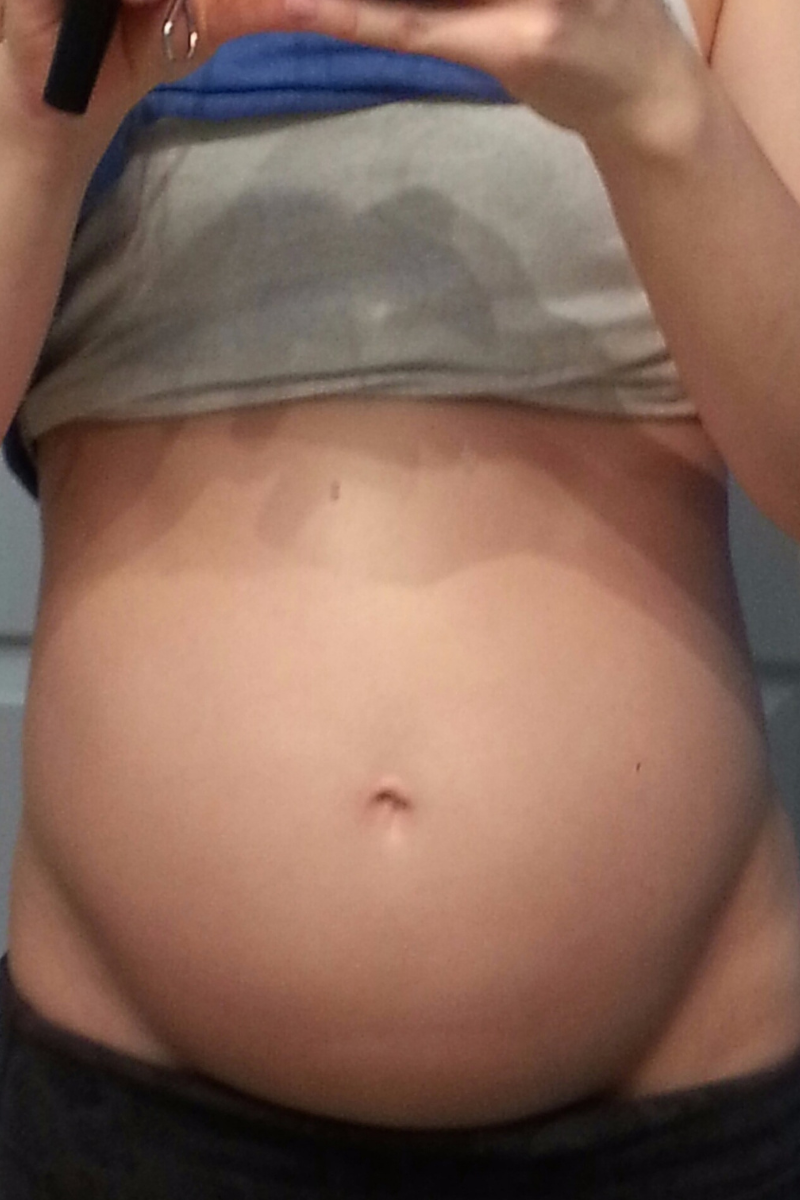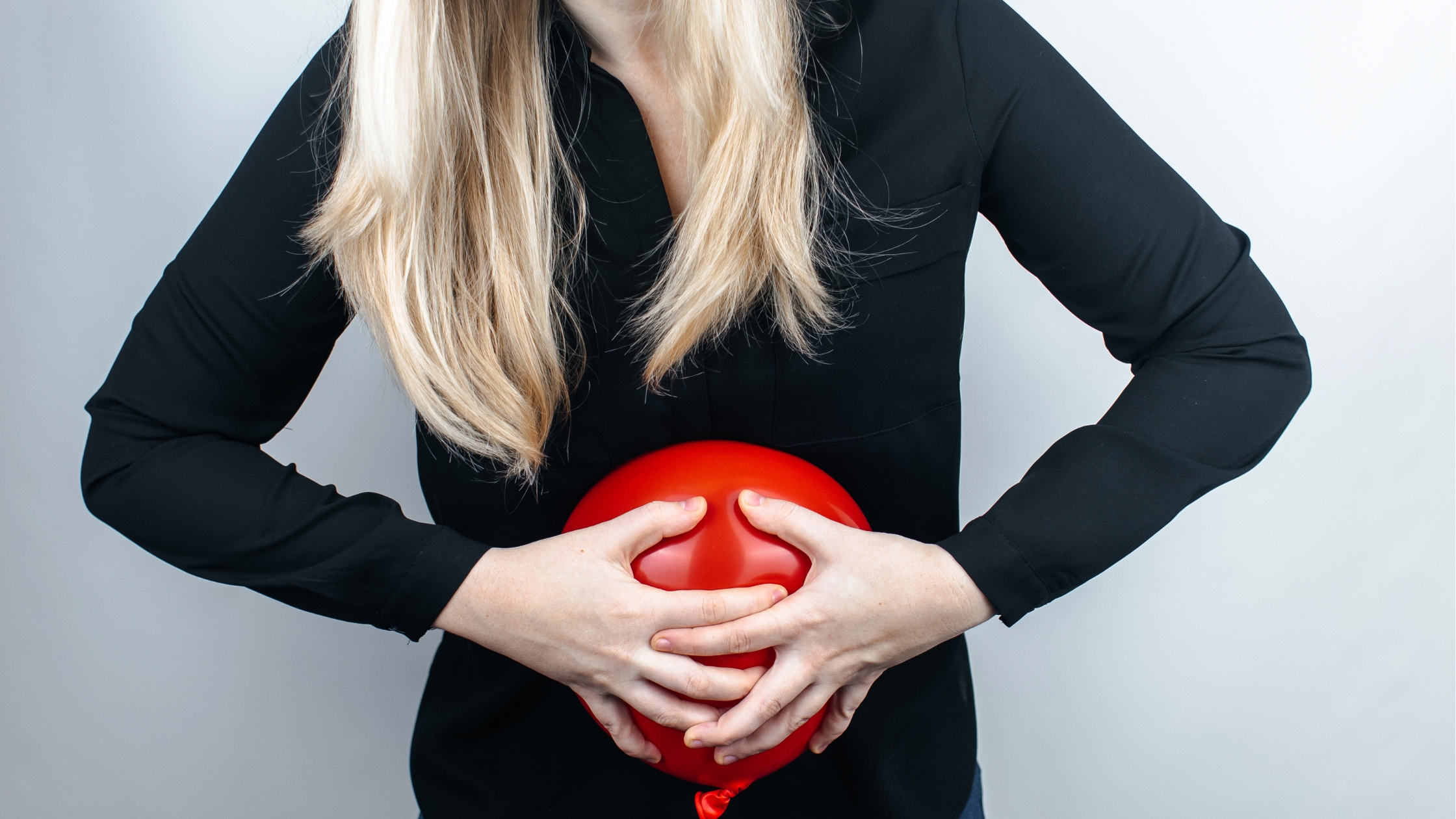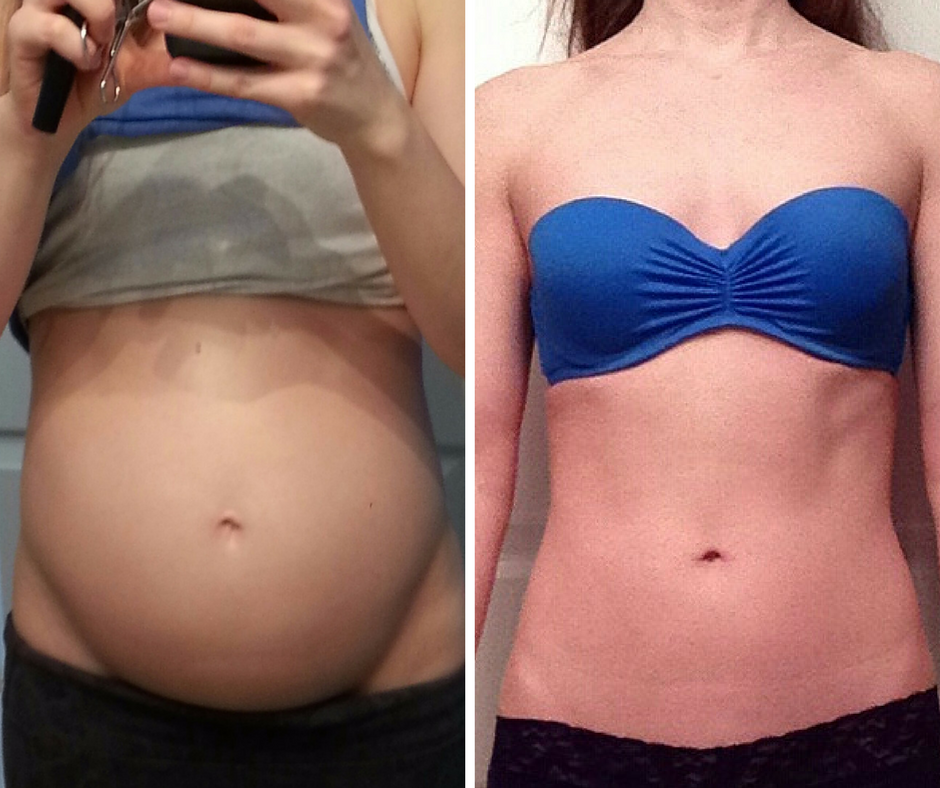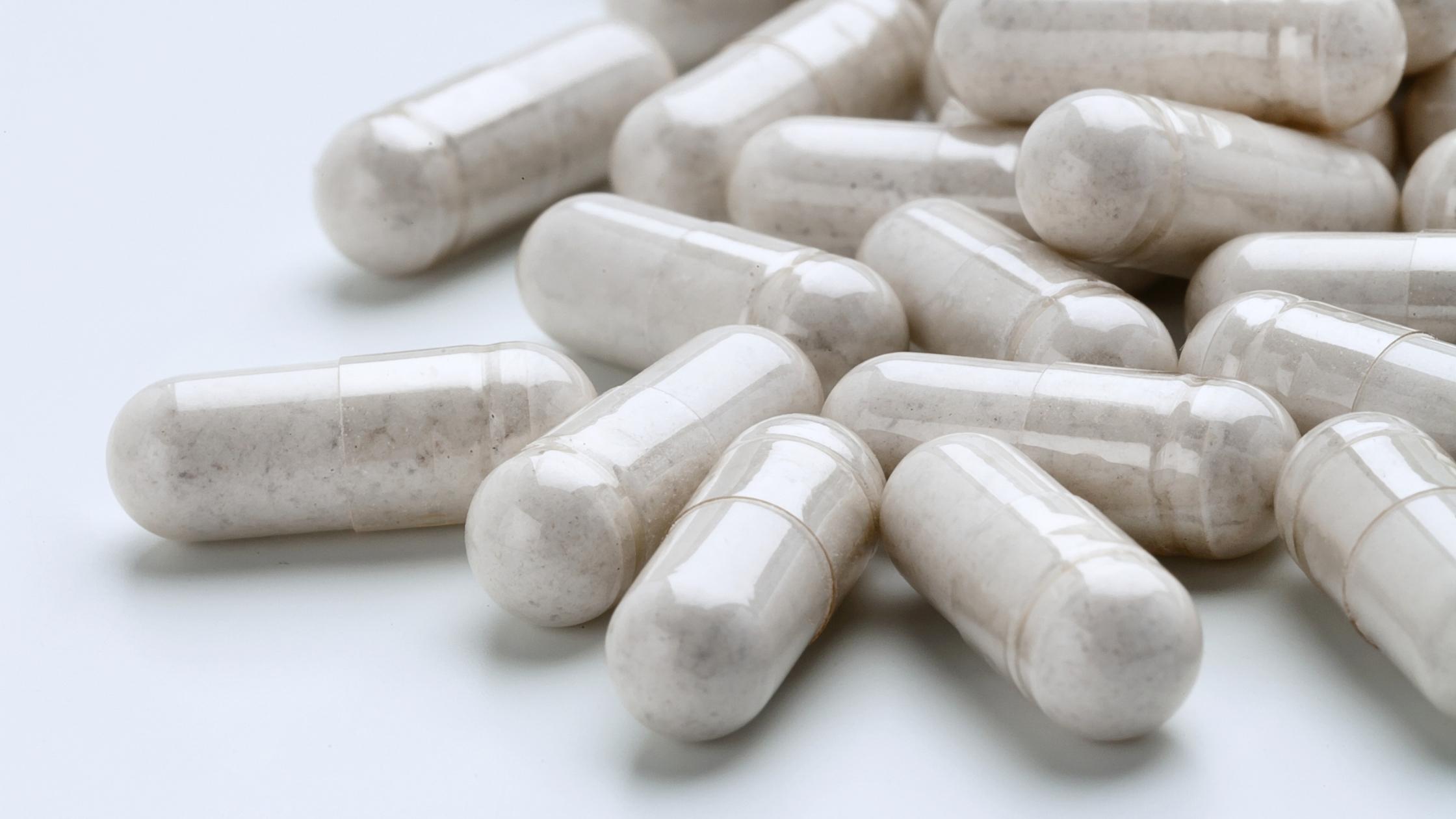Constipation is a massive problem in North America with an estimated 65+ million people suffering from it. The laxative industry is huge and would have you believe that they are the only answer to your pooping troubles. Frequent laxative use can do more harm than good by causing bowel dependenc particularly with purgative laxatives like senna or cascara sagrada. Purgative laxatives work by irritating the colon so that it induces bowel movements. If you use these frequently your bowel can become “lazy” and be dependent on them. If you suffer from constipation and other gut issues that LAST thing we want to do is irritate the gut further.
So what do you do when you can’t poop?
To get pooping again some sleuth work is required to figure out why you are constipated in the first place. There are four main causes of constipation: stress, lack of fiber, dehydration/lack of lubrication and dysbiosis. You may need to address one or a few of these.
Stress
When you eat, food is moved to different processing stations in the digestive tract by peristalsis: a series of wave-like muscle contractions. Stress can shut down digestion and peristalsis thus causing constipation.
Your body doesn’t perceive stress just from deadlines and work: stress can come from insufficient sleep, emotions, sedentary lifestyle and environmental toxins.
A common theme in those who are stressed and constipated is the inability to let things go, either thoughts or experiences. You may need to do some introspective work to find what it is you can’t let go of.
Dysbiosis
Dysbiosis is the term used when the gut microbiome is out of balance, whether it is from lack of good bacteria, bacteria in the wrong places, or infection by parasites, yeast or bacteria.
This is the most common culprit behind chronic constipation that doesn’t respond to anything.
There are two tests that I highly, highly recommend for those who are chronically constipated and bloated: a Small Intestine Bacteria Overgrowth breath test and a Comprehensive Digestive Stool Analysis test.
Dysbiosis is treated through a combination of diet, antimicrobial supplements, probiotics and lifestyle changes. It is best to work with someone knowledgeable about the gut as there can be many things involved with restoring health and diversity to the gut microbiome.
Dehydration & Lack of Lubrication
The large intestine absorbs water into the stool (poop) and allows it pass easily. If you are not drinking enough fluids the result is a dry intestine and dry stool which will not pass easily. Aim for 8 – 12 glasses of water or herbal tea (not black) every day- the higher end if you are active or drink caffeinated beverages.
Fats lubricate the GI tract and help stimulate peristalsis. Those with a low fat, high fiber diet will find themselves constipated. Make sure you are having a bit of healthy fat at each meal.
Side note for those who lean more towards the diarrhoea side of things: too much fat in one meal can be the culprit.
Lack of Fiber
Though this is the most well known cause of constipation, Metamucil isn’t the answer to getting more fiber. Increase your veggie intake through foods like squash, broccoli, flax seed, leafy greens, sweet potato, oats, nuts and seeds.
Lack of fiber is more of an issue for those with occasional constipation. If you are chronically constipated, adding more fiber may worsen symptoms as there is usually a case of dysbiosis to address.
Taking a magnesium supplement while you do your investigative work can help with constipation for the short term. Start with 300 mg – 600 mg in the evening with water. You can slowly work your way up until you find the right dose for a bowel movement but be warned that too much magnesium at once can cause diarrhoea.
Final note: if you haven’t had a bowel movement in days or have a fever please see your doctor to rule out obstruction or intestinal abnormalities.
If you are struggling with constipation, get in touch and tell me what you have tried already.





+ show Comments
- Hide Comments
add a comment